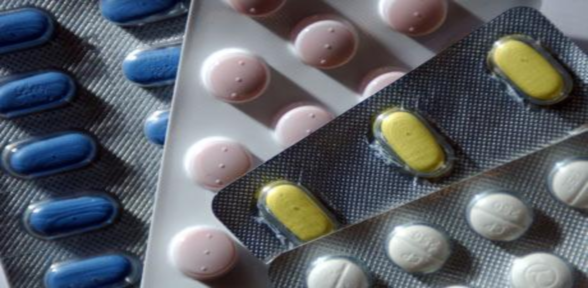Results from Navy Diving Manual
20 11.1 Decompression Sickness
20 11.1.1 Surface Oxygen
Surface oxygen should be used for all cases of DCS until the diver can be recompressed. Use of either a high-flow (15 liters/minute) oxygen source with a reservoir mask or a demand valve can achieve high inspired fractions of oxygen. One consideration in administering surface oxygen is pulmonary oxygen toxicity. 100% oxygen can generally be tolerated for up to 12 hours. The patient may be given air breaks as necessary. If oxygen is being administered beyond this time, the decision to continue must weigh the perceived benefits against the risk of pulmonary oxygen toxicity. This risk evaluation must consider the dose of oxygen anticipated with subsequent recompression therapy as well.
20 11.1.2 Fluids
Fluids should be administered to all individuals suffering from DCS unless suffering from the chokes (pulmonary DCS). Oral fluids (half-strength glucose and electrolyte solutions) are acceptable if the diver is able to tolerate them. There is no data available that demonstrates a superiority of crystalloids (normal saline or Lactated Ringers solution) over colloids (such as Hetastarch compounds (Hespan or Hextend)) or vice versa, but D5W (dextrose in water without electrolytes) should not be used. Since colloids are far more expensive than Lactated Ringers or normal saline, the latter two agents are the most reasonable choice at this time. The optimal amount of crystalloids/colloids is likewise not well-established but treatment should be directed towards reversing any dehydration that may have been induced by the dive (immersion diuresis causes divers to lose 250-500 cc of fluids per hour) or fluid shifts resulting from the DCS. Fluid overloading should be avoided. Urinary output, in the range of 0.5cc/kg/hour is evidence of adequate intravascular volume.
Chokes (pulmonary DCS) causes abnormal pulmonary function and leakage of fluids into the alveolar spaces. Aggressive fluid therapy may make this condition worse. Consult a DMO (or NEDU) for guidance.
20 11.1.3 Anticoagulants
Since some types of DCS may increase the likelihood of hemorrhage into the tissues, anticoagulants should not be used routinely in the treatment of DCS. One exception to this rule is the case of lower extremity weakness. Low molecular weight heparin (LMWH) should be used for all patients with inability to walk due to any degree of lower extremity paralysis caused by neurological DCS or AGE. Enoxaparin 30 mg, or its equivalent, administered subcutaneously every 12 hours, should be started as soon as possible after injury to reduce the risk of deep venous thrombosis (DVT) and pulmonary embolism in paraplegic patients. Plastic stockings or intermittent pneumatic compression are alternatives, although they are less effective at preventing DVT than LMWH.
20 11.1.4 Aspirin and Other Non-Steroidal Anti-Inflammatory Drugs
Routine use of antiplatelet agents in patients with neurological DCS is not recommended, due to concern about worsening hemorrhage in spinal cord or inner ear decompression illness. Use of these agents may also be risky in combat divers who may be required to return to action after treatment of an episode of DCS.
20 11.1.5 Steroids
Steroids are no longer recommended for the treatment of DCS. No significant reduction in neurological residuals has been found in clinical studies for DCS adjunctively treated with steroids and elevated blood glucose levels associated with steroid administration may actually worsen the outcome of CNS injury.
20 11.1.6 Lidocaine
Lidocaine is not currently recommended for the treatment of any type of DCS.
20 11.1.7 Environmental Temperature
For patients with evidence of brain or spinal cord damage, the current evidence recommends aggressive treatment of elevated body temperature. When treating victims of neurological DCS, whenever practical, hot environments that may cause elevation of body temperature above normal should be avoided. The patient’s body temperature and vital signs should be monitored regularly.


